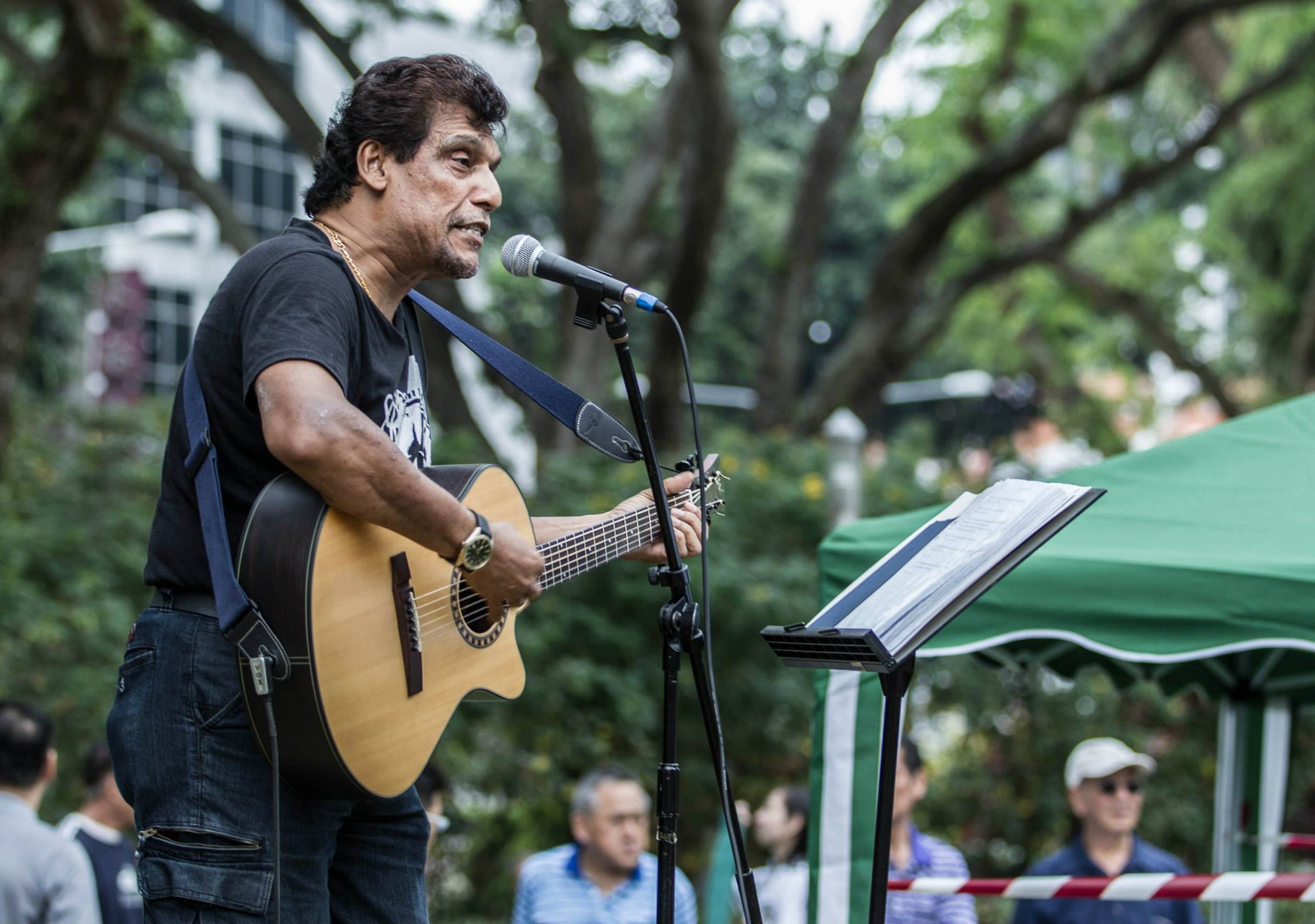On October 9 2018, the Malaysian Immigration Department detained Gilbert Louis, a Singaporean National, at his home in Johor Bahru.
He was detained together with four Phillipines Nationals – three of them who allegedly had no valid visas. As of 13 November 2018, he has yet to be charged with any offence. The Immigration Department has also yet to deport him to Singapore.

He is being represented by a Malaysian Lawyer, Mr Arun Kasi. TOC understands that the international human rights lawyer M Ravi is also assisting Mr Kasi in this matter. Mr Kasi noted that prior to November 9 2018, Gilbert Louis has yet to appear before any magistrate.
“Over the last 3 weeks some of you have been contacting me regarding the status of Gilbert Louis who has been detained in JB. I have been closely working with the lawyers in Malaysia to challenge his deportation order. Like Singapore, the courts in Malaysia are excluded from hearing such immigration matters and Judicial Review is perniciously difficult to invoke. This is part of the current legal challenge. This is not just any other immigration detention case. Novel points of law will be raised by the counsel whom I am working with. Now I am assisting on the Habeus Corpus (wrongful detention) application to be filed in the KL High Court tomorrow as Gilbert Louis has been detained much longer than permitted under law. Mala ysian law requires an Order of a Magistrate where detention is beyond 24 hours.”
– M Ravi
On November 9, the KL High Court heard a judicial review application filed by Mr Kasi on behalf of his client to determine if there was any merit for judicial review. Mr Kasi also filed a Haebeas Corpus application alongside the judicial review application.
Persuant to the application against the Immigration Department, he was granted a temporary stay against deportation. In an interview with the Malay Mail, Mr Kasi argued that Gilbert’s detention was a “serious intrusion on personal liberty guaranteed by Article 5 of the Malaysian Constitution.”
During the hearing, the Attorney General’s Chambers (“AGC”) relied on an ouster clause to argue that the Courts have no jurisdiction over the matter. An ouster clause is a clause that excludes the courts from reviewing an act or decision by a public authority that would have otherwise been susceptible to judicial review. The Malaysian AGC argued, in essence, that the High Court has no jurisdiction to deal with Gilbert’s deportation order as the Immigration Department’s decision to detain him for more than a month without charging him or producing him before a magistrate was immune to judicial review. The case has since been adjourned to 15 November 2018.
The position taken by the Malaysian AGC in relation to ouster clauses appeared to be in direct contradiction to the position taken by the Malaysian Attorney-General, Mr Tommy Thomas. In his opening address at the International Malaysian Law Conference, Mr Thomas had stated, in no uncertain terms, that Chambers should cease relying on ouster clauses to restrict the jurisdiction of the Courts.
“…It follows that provisions in written law which purport to oust the jurisdiction of the court must be repealed, and I will be recommending to the Government to put the necessary legislation in place.Pending the enactment of such law, Chambers will henceforth cease to rely on ouster clauses in any written law, and will not object to a litigant’s right to access to court to pursue his or her grievances. Our focus will hereafter be on the merits of the complaint of a litigant, rather than searching for technical and procedural objections to strike out his or her case and thereby shutting the door to a court challenge.” – Mr Tommy Thomas (Emphasis in bold ours)
When viewed in light of Mr Thomas’ directions, it is hard not to argue that the Malaysian AGC’s arguments in the case of Gilbert Louis directly contradict the AG’s. The The Malaysian AGC has yet to comment on this matter.
Earlier today (13 November 2018), a Haebeas Corpus application seeking Gilbert’s immediate production before the court came up before the Courts. The AGC asked the Court for 2 weeks to reply to the affidavit. Mr Kasi argued that such a delay would result in a serious violation of Gilbert Louis’ constitutional right to liberty. Mr Kasi urged the Court to treat Haebeas Corpus applications for production and release as an novel matter that should be distinguished from other applications. Earlier today Mr Kasi arranged for a comissioner of oaths to visit Gilbert Louis to get his affidavits in relation to the applications signed. However, the immigration authorities did not allow Gilbert to sign the affidavit. Mr Kasi posited that this amounted to a further denial of his client’s access to justice which he will also take up in due course.








